10 Best Web Content Filtering Solutions 2025

In the modern digital landscape, web content filtering is a fundamental component of cybersecurity and network management.
A web content filtering solution is a technology that controls and monitors the web pages, URLs, and IP addresses that users can access.
These tools protect organizations by preventing access to malicious sites, blocking inappropriate content, and enforcing acceptable use policies.
A robust filter is the first line of defense against phishing, ransomware, and other web-based threats, while also helping businesses improve productivity and maintain regulatory compliance.
Our E-E-A-T-Driven Methodology to Choose the Best Web Content Filtering Solutions🔍
Our selection process for these top-tier web content filtering solutions is guided by the core principles of E-E-A-T: Experience, Expertise, Authoritativeness, and Trustworthiness.
We’ve meticulously evaluated each product to ensure our recommendations are both comprehensive and reliable.
- Experience & Functionality: We assessed each solution’s real-world performance, evaluating its ability to handle DNS filtering, real-time URL analysis, and secure traffic without significant latency.
- Expertise & Target Audience: We categorized each tool based on its best-fit use case, whether for a small business, a large enterprise with a hybrid workforce, or a Managed Service Provider (MSP). This ensures our recommendations are tailored to the specific needs of the user.
- Authoritativeness & Deployment: We’ve considered the industry standing of each vendor, noting their recognition by leading research firms. For example, a vendor’s inclusion in a Gartner Magic Quadrant report is a strong indicator of their industry authority.
- Trustworthiness & Key Strengths: Our analysis highlights unique strengths and drawbacks, drawing on independent reviews and verified customer feedback to provide an honest, unbiased overview.
Comparison Table
| Solution | Primary Focus | Key Features | Best For |
| Forcepoint ONE Web Security | Cloud-native Security Service Edge (SSE) | Integrated SWG, CASB, ZTNA, and RBI | Enterprises adopting a Zero Trust framework |
| Cisco Umbrella | DNS-layer Security & Secure Web Gateway | DNS Filtering, Secure Web Gateway, Cloud-Delivered Firewall | SMBs and enterprises needing simple, fast deployment |
| Zscaler Internet Access | Cloud-Native Zero Trust | SWG, DLP, Sandbox, Cloud Firewall | Large, globally distributed enterprises |
| Fortinet FortiGuard URL Filtering | Integrated Firewall Security | URL Filtering, SSL Inspection, Antivirus, DLP | Businesses with existing Fortinet infrastructure |
| DNSFilter | AI-Powered DNS Filtering | AI-powered Threat Protection, Easy Deployment, MSP Tools | MSPs and SMBs seeking a user-friendly solution |
| WebTitan | On-Premise & Cloud Web Filtering | Granular Policy Controls, Advanced Reporting, MSP Features | Businesses needing flexible deployment and control |
| Barracuda Web Security Gateway | Integrated Security Appliance | Web Security, SSL Inspection, Reporting, Spyware Blocking | Organizations needing an all-in-one hardware/software solution |
| Palo Alto Networks Prisma Access | Secure Access Service Edge (SASE) | SWG, ZTNA, Firewall as a Service, DLP | Large enterprises with complex cloud and hybrid environments |
| Sophos Web Security | Endpoint & Unified Threat Management (UTM) | Web Filtering, SSL Inspection, Threat Intelligence | SMBs using the broader Sophos ecosystem |
| Netskope Secure Web Gateway | Cloud-Native Security & DLP | Data-centric SWG, Real-time DLP, CASB | Businesses prioritizing data protection and visibility |
1. Forcepoint ONE Web Security

Specifications:
Forcepoint ONE is a cloud-native Security Service Edge (SSE) platform. It consolidates Secure Web Gateway (SWG), Cloud Access Security Broker (CASB), and Zero Trust Network Access (ZTNA) into a single, unified solution.
This platform is designed to provide comprehensive, data-centric security for the modern, hybrid workforce.
Reason to Buy:
Forcepoint ONE is an ideal choice for large organizations fully committed to a Zero Trust architecture.
Its integrated approach simplifies security by providing consistent policy enforcement for all users, regardless of location or device.
Features:
Integrated SWG, CASB, ZTNA, Data Loss Prevention (DLP), Remote Browser Isolation (RBI).
Pros: Unified management console; strong focus on data-centric security; comprehensive feature set.
Cons: Can be complex for smaller organizations; may have a higher learning curve.
✅ Best For: Enterprises adopting a Zero Trust security model and seeking a consolidated, cloud-native platform for web and data security.
Official Website: Forcepoint ONE
2. Cisco Umbrella

Specifications:
A leading cloud-delivered security platform that provides the first line of defense against internet threats.
Cisco Umbrella operates at the DNS layer, which allows it to block malicious and unwanted domains before a connection is even established.
It also offers a secure web gateway and cloud-delivered firewall for more advanced protection.
Reason to Buy:
Umbrella’s DNS-layer security makes it incredibly fast and easy to deploy, offering immediate protection for all users, on or off the corporate network.
It’s a foundational component of a solid cybersecurity strategy.
Features:
DNS-layer Security, Secure Web Gateway (SWG), Cloud-Delivered Firewall, Threat Intelligence powered by Cisco Talos.
Pros: Extremely fast and simple deployment; highly reliable with over a decade of verified uptime; proactive threat intelligence.
Cons: Less granular policy control compared to some competitors’ secure web gateways.
✅ Best For: SMBs and enterprises that need a solution that is both easy to deploy and highly effective at blocking threats early in the kill chain.
Official Website: Cisco Umbrella
3. Zscaler Internet Access

Specifications:
Zscaler Internet Access (ZIA) is a cloud-native secure web gateway (SWG) and part of the Zscaler Zero Trust Exchange platform.
It routes all user traffic to the Zscaler cloud, where it is inspected for threats and filtered according to policy.
ZIA provides a comprehensive suite of security services, including DLP, cloud firewall, and sandboxing.
Reason to Buy:
Zscaler pioneered the Secure Service Edge (SSE) market and is a leading solution for large, globally distributed enterprises.
Its cloud-native architecture ensures consistent security and performance for all users, eliminating the need for traditional on-premise appliances.
Features:
Secure Web Gateway (SWG), Data Loss Prevention (DLP), Cloud Firewall, Cloud Sandbox, SSL Inspection.
Pros: Cloud-native architecture for high scalability; comprehensive security stack; recognized as a Leader in the Gartner Magic Quadrant for Security Service Edge. .
Cons: Can be expensive for smaller businesses; requires significant planning for large-scale deployment.
✅ Best For: Large enterprises with a global presence and a remote workforce that require scalable, high-performance web security.
Official Website: Zscaler Internet Access
4. Fortinet FortiGuard URL Filtering

Specifications:
FortiGuard URL Filtering is a key component of Fortinet’s FortiGate Next-Generation Firewalls (NGFWs) and is integrated into its broader Security Fabric.
It provides robust, real-time web filtering with over 100 URL categories, offering granular control over user access.
Reason to Buy:
For organizations already invested in the Fortinet ecosystem, FortiGuard URL Filtering is a seamless, cost-effective addition.
Its integration with FortiGate appliances provides centralized management and a unified security posture.
Features:
Real-time URL Filtering, SSL Inspection, Web Antivirus, Application Control, Data Loss Prevention.
Pros: Tight integration with other Fortinet products; high-performance with dedicated hardware; flexible deployment options.
Cons: Primarily an on-premise solution; less suitable for cloud-first organizations without an appliance.
✅ Best For: Businesses that have a pre-existing Fortinet network infrastructure and want a fully integrated web security solution.
Official Website: Fortinet FortiGuard
5. DNSFilter

Specifications:
DNSFilter is a modern, AI-powered DNS filtering solution that offers fast deployment and easy management.
It uses machine learning to categorize new domains in real-time, providing superior protection against zero-day threats and newly created malicious websites.
Reason to Buy:
This solution is perfect for MSPs and SMBs that need a simple yet effective tool to protect their users.
Its intuitive dashboard and automated threat intelligence make it a “set-it-and-forget-it” solution for busy IT teams.
Features:
AI-powered Threat Detection, Global Anycast Network, Threat Reporting, Active Directory Integration.
Pros: Extremely easy to deploy and manage; fast DNS resolution; accurate, real-time threat detection.
Cons: Less comprehensive than full Secure Web Gateway solutions; lacks some advanced features like full SSL inspection.
✅ Best For: Managed Service Providers (MSPs) and small-to-medium businesses looking for a straightforward, highly effective DNS filtering solution.
Official Website: DNSFilter
6. WebTitan

Specifications:
WebTitan is a highly flexible web content filtering solution available as a cloud-based service, a virtual appliance, or a hardware gateway.
It provides granular policy control, advanced reporting, and multi-tenant capabilities, making it a favorite among MSPs.
Reason to Buy:
WebTitan’s flexibility allows businesses to choose the deployment model that best fits their infrastructure.
Its detailed reporting and customization options give administrators a high degree of control over internet access policies.
Features:
Cloud or On-Premise Deployment, Granular Policy Control, Advanced Reporting, White Labeling for MSPs.
Pros: Flexible deployment (cloud, virtual, hardware); excellent reporting and analytics; strong multi-tenant support for MSPs.
Cons: The on-premise solution requires hardware management and maintenance.
✅ Best For: Businesses and MSPs that require flexible deployment options and a high level of customization for their web filtering policies.
Official Website: WebTitan
7. Barracuda Web Security Gateway

Specifications:
The Barracuda Web Security Gateway is an integrated appliance or virtual solution that provides comprehensive web security.
It is a traditional Secure Web Gateway (SWG) that combines web filtering with advanced threat protection, spyware blocking, and reporting.
Reason to Buy:
This solution is a solid choice for organizations that prefer an on-premise appliance for security.
It offers a complete, all-in-one package for web filtering and security without relying on a cloud-only model.
Features:
Web Content Filtering, Spyware Blocking, SSL Inspection, Advanced Reporting, Policy Engine.
Pros: All-in-one appliance simplifies deployment; effective for deep content inspection; strong reporting features.
Cons: Less suited for remote and hybrid workforces; hardware maintenance required.
✅ Best For: Organizations that prefer a dedicated, on-premise hardware appliance for their web security and have a traditional network architecture.
Official Website: Barracuda Web Security Gateway
8. Palo Alto Networks Prisma Access

Specifications:
Palo Alto Networks Prisma Access is a Secure Access Service Edge (SASE) platform that provides unified security and networking from a single, cloud-native service.
It includes a Secure Web Gateway (SWG), Zero Trust Network Access (ZTNA), and Cloud-Delivered Firewall to protect a hybrid workforce.
Reason to Buy:
Prisma Access is built to secure modern networks and is a leader in the SASE market.
It provides consistent, high-performance security for all users, whether they are in the office, at a branch location, or working from home.
Features:
SWG, ZTNA, Firewall as a Service, Threat Prevention, DLP.
Pros: Unified SASE platform; leverages Palo Alto’s threat intelligence; high performance and scalability.
Cons: High cost and complexity; often overkill for smaller organizations.
✅ Best For: Large enterprises with complex cloud and hybrid environments that need to transition to a modern, SASE-based security model.
Official Website: Palo Alto Networks Prisma Access
9. Sophos Web Security

Specifications:
Sophos Web Security is a key feature of Sophos’s unified security platform, which includes both endpoint protection and Unified Threat Management (UTM) appliances.
It provides granular web filtering, application control, and threat intelligence to protect users from malicious content.
Reason to Buy:
Sophos is a great option for businesses that want a centralized security platform.
If you’re already using Sophos Endpoint or Firewall products, adding web security provides a unified console for management, simplifying administration and improving visibility across your security layers.
Features:
Web Filtering, Application Control, SSL Inspection, Centralized Management, Threat Intelligence.
Pros: Integrates seamlessly with other Sophos products; easy-to-use centralized management; comprehensive protection.
Cons: Performance may be impacted when running with other Sophos security features; may lack some of the advanced features of dedicated SWG providers.
✅ Best For: SMBs and organizations that are already part of the Sophos ecosystem and want to consolidate their security management.
Official Website: Sophos Web Security
10. Netskope Secure Web Gateway

Specifications:
The Netskope Secure Web Gateway is a key part of the Netskope Security Cloud.
It’s a cloud-native, data-centric SWG that provides granular visibility and control over web traffic, with a strong emphasis on protecting sensitive data.
Reason to Buy:
Netskope is an excellent choice for organizations with a high volume of cloud application usage that are particularly concerned about data loss.
Its “data-first” approach ensures that sensitive information is protected in real-time, whether it’s moving across the web or within a cloud application.
Features: Secure Web Gateway (SWG), Real-time Data Loss Prevention (DLP), Cloud Access Security Broker (CASB), Advanced Threat Protection.
Pros: Strong DLP and data protection capabilities; highly scalable cloud architecture; excellent visibility into cloud application usage.
Cons: Can be expensive and complex to implement for smaller teams.
✅ Best For: Businesses prioritizing data protection and looking for a cloud-native SWG solution that is deeply integrated with a CASB.
Official Website: Netskope Secure Web Gateway
Industry Standards and Best Practices
To make an informed decision and build a truly resilient security posture, it’s crucial to align your web content filtering strategy with established industry standards.
NIST (National Institute of Standards and Technology):
The NIST SP 800-41, Guidelines on Firewalls and Firewall Policy, provides a comprehensive framework for network security.
While focused on firewalls, its principles on establishing a clear policy, traffic filtering, and continuous monitoring are highly relevant to web content filtering.
CISA (Cybersecurity & Infrastructure Security Agency):
CISA’s guidance on DNS Filtering and Security highlights the importance of blocking threats at the DNS level.
This strategy is a highly effective way to prevent users from accessing malicious domains, even before a full web page is loaded.
Gartner:
Gartner’s analysis of the Secure Web Gateway and Security Service Edge (SSE) markets provides valuable context on vendor capabilities and market trends.
Their research, such as the Magic Quadrant reports, helps IT leaders identify vendors with a strong vision and ability to execute.
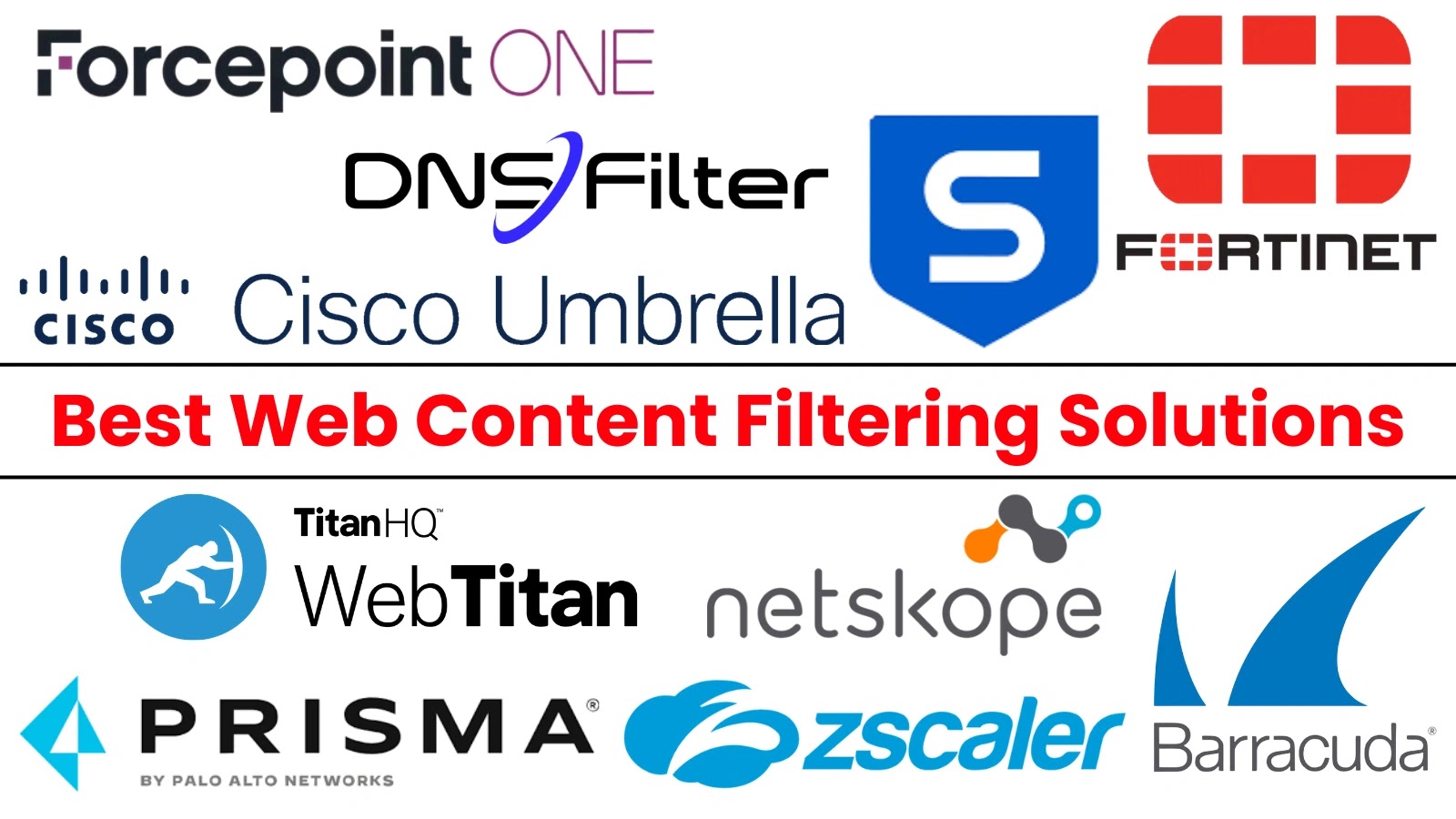
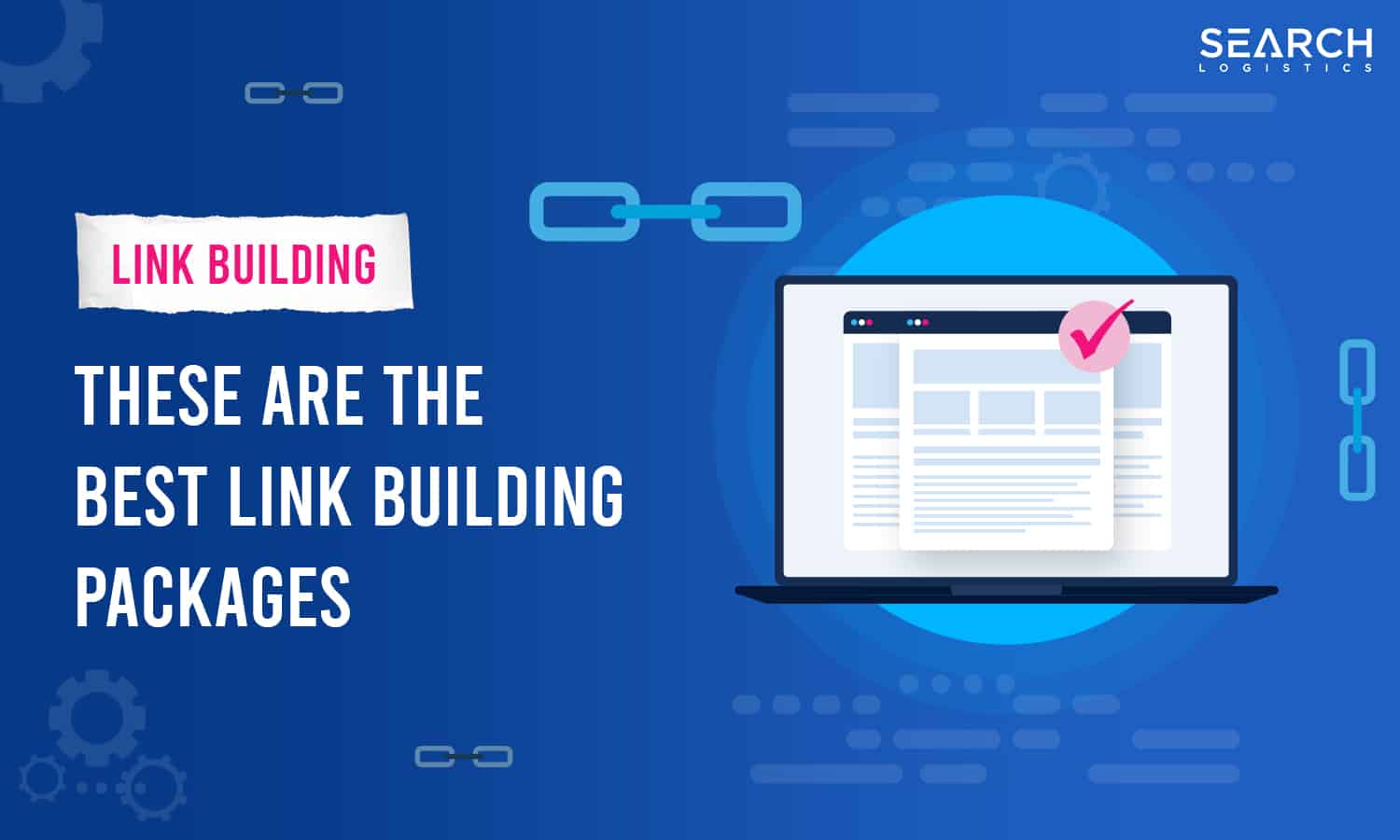
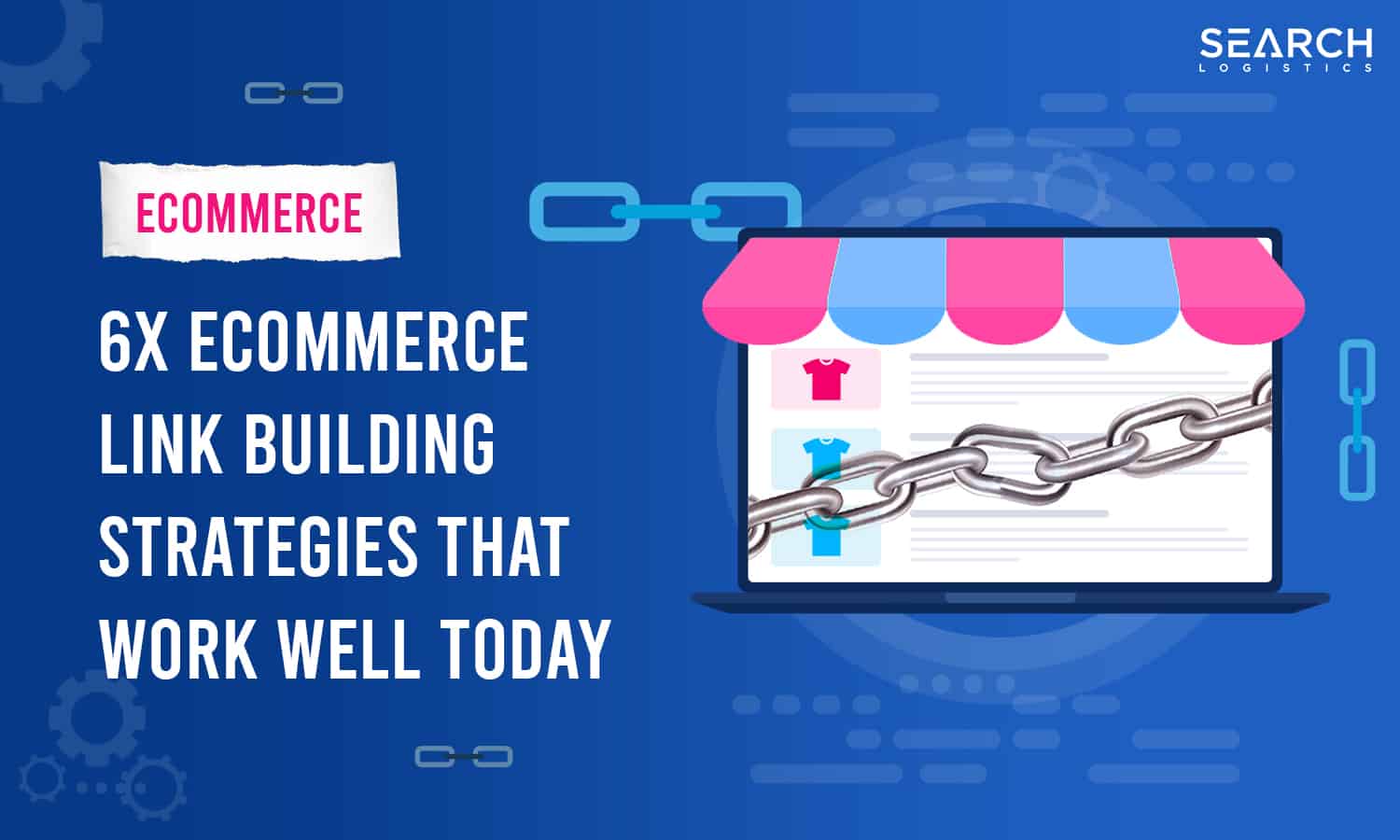
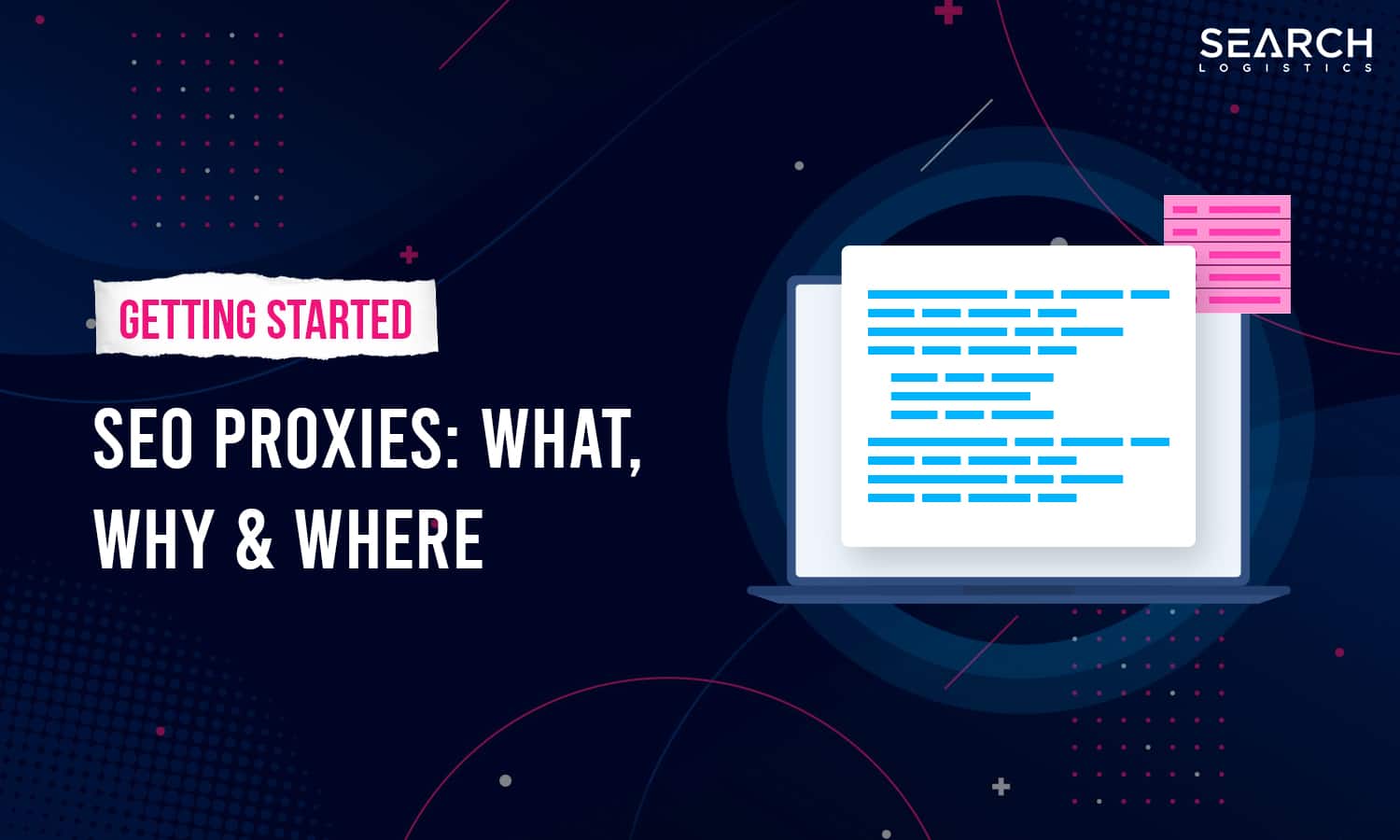
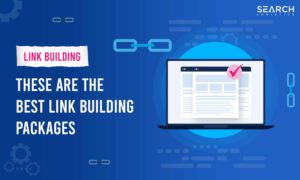
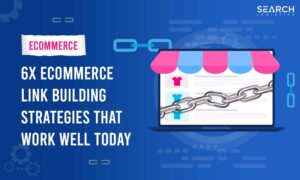
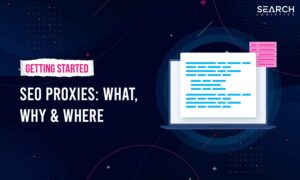
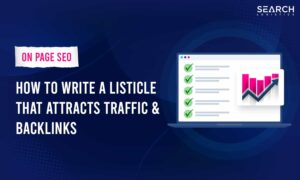
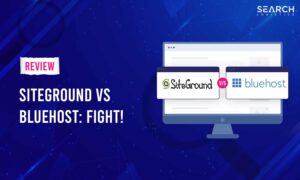
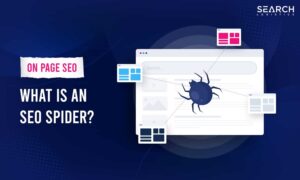
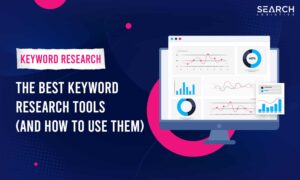

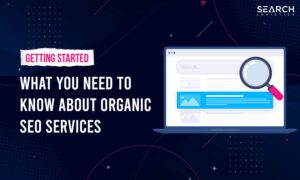
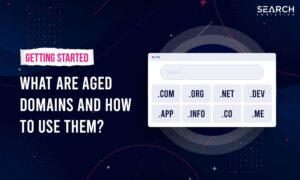
Post Comment